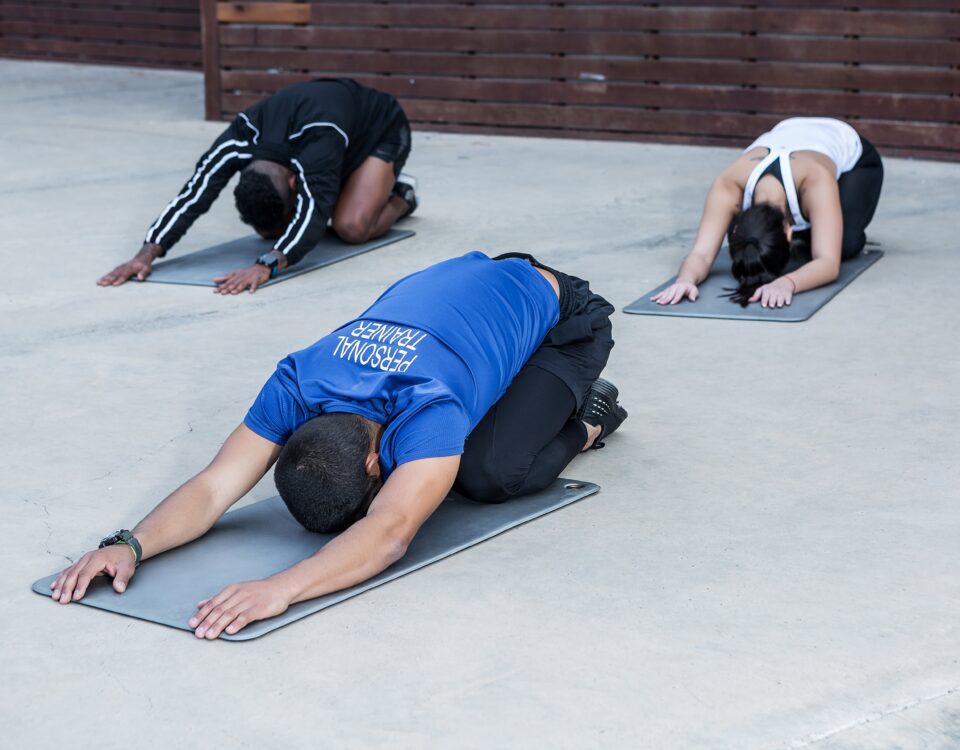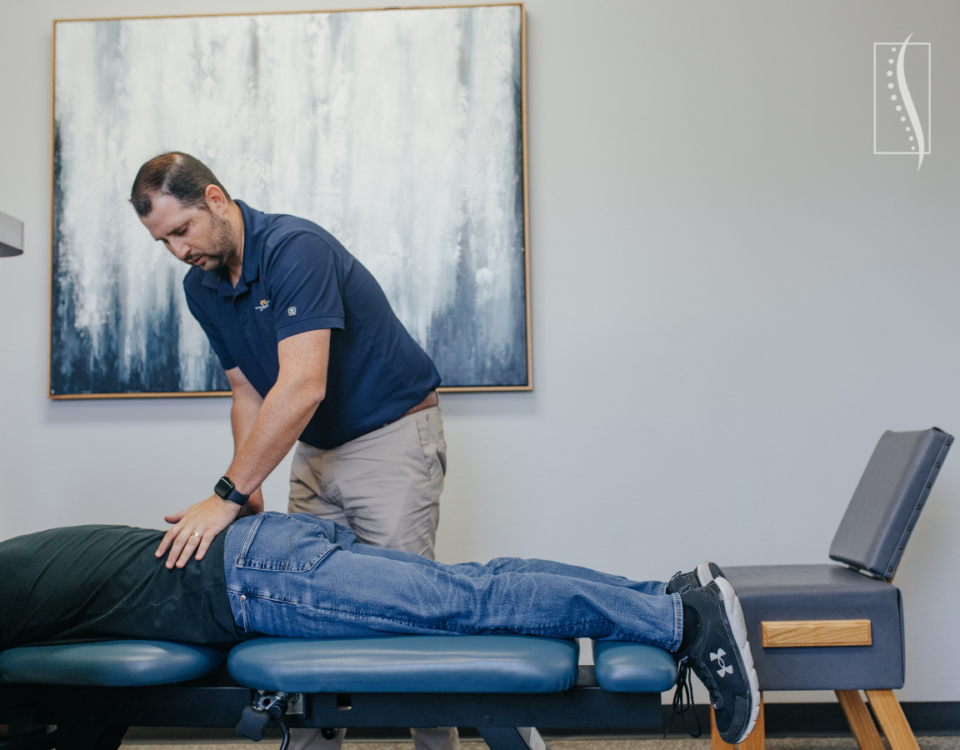
Take the Spinal Reset Challenge: A 7-Day Plan to Realign Your Spine
July 21, 2025
How Cold Plunge Therapy Can Help as Part of a Pain Management Strategy
August 19, 2025Optimize Your Sleep Habits: The Impact of Sleeping Positions on Health and Wellness
In the journey toward optimal health, many focus on diet and exercise, but one crucial aspect is often overlooked—sleep. At TexStar Chiropractic, we emphasize the significance of sleep habits, as how we sleep can have a substantial impact on our physical health. The positions we choose at night—whether back sleeping, side sleeping, or stomach sleeping—can affect our spine health and overall well-being. Understanding and improving these positions can lead to more restful nights and better health outcomes.
In today’s fast-paced world, sleep is frequently sacrificed amid our busy schedules. Yet, it remains an essential pillar of health. Studies reveal that inadequate sleep or poor sleep quality can exacerbate issues such as back and neck pain. Moreover, there’s increasing awareness about holistic health approaches, driving interest in understanding how sleep positions influence physical health. As people strive to improve wellness naturally, exploring the role of proper sleep habits becomes crucial.
The Role of Sleeping Positions in Health
-
Back Sleeping
Back sleeping is often hailed as an ideal sleeping position, particularly for those with back pain. It allows for even weight distribution, reducing pressure on the spine. During sleep, the spine remains aligned naturally, preventing the formation of pressure points and muscle tension. For many, adding a small pillow under the knees can further enhance alignment by maintaining the natural curvature of the lower back.
-
Side Sleeping
Side sleeping is the most commonly adopted sleeping position and comes with its unique benefits, such as reducing snoring and improving digestion. This position can be particularly beneficial during pregnancy. However, side sleeping may lead to discomfort in the shoulder and hip areas if the spine is not adequately supported. Utilizing a supportive pillow can align the head and neck with the spine. Additionally, placing a pillow between the knees can alleviate pressure on the hips and maintain spinal alignment.
-
Stomach Sleeping
Though some may find comfort in stomach sleeping, it is often discouraged by health professionals. This position can cause significant neck and back strain, as the spine does not maintain a neutral position. Stomach sleeping may also lead to increased pressure on muscles and joints, potentially resulting in a restless night. For those unable to switch positions, minimal use of a pillow for the head and placing one under the lower abdomen can help mitigate strain.
Impact on Spinal Health
Improper sleeping positions contribute to stress on the spine and musculoskeletal structure, which can eventually manifest as chronic pain. Proper positioning, alongside using appropriate bedding, promotes spinal alignment. This can contribute to reduced pain, enhanced sleep quality, and better health.
Tips or Solutions
- Choose the Right Mattress and Pillow
Mattress: A medium-firm mattress generally provides the right balance of support and cushioning, aiding spinal alignment.
Pillow: Customize your pillow choice according to your sleeping preference.- Back Sleepers: Opt for a pillow that supports the neck’s natural curve without pushing the head too far forward.
- Side Sleepers: A firmer pillow helps maintain head and neck alignment with the spine.
- Stomach Sleepers: A thinner pillow is preferable to prevent neck strain, or consider sleeping without one.
- Optimize Sleeping Position
- Back Sleepers: Add a soft pillow under the knees to support lower back alignment.
- Side Sleepers: Use a firm pillow between the knees to prevent hip strain and maintain a neutral spine.
- Stomach Sleepers: Use a very thin pillow to support the head or none at all, and consider a pillow under the abdomen to help keep the spine aligned.
- Chiropractic Support
Regular chiropractic visits are invaluable in maintaining spinal health and improving sleep habits. Chiropractors can offer tailored advice on sleep posture, provide exercises that enhance spinal flexibility, and offer adjustments to relieve tension resulting from poor sleep positions.
- Incorporate Good Sleep Hygiene
Dr. Amy Ho, clinic lead at TexStar Chiropractic in Austin shares some tips for proper sleeping, regardless your position.
Good sleep hygiene can support quality rest:
- Consistency: Go to bed and wake up at the same time each day to regulate your body clock.
- Environment: Create a dark, cool, and quiet bedroom setting to encourage deeper sleep.
- Minimize Electronics: Limit screen time before bed to reduce disruption from blue light exposure.
- Relax Before Bed: Develop a pre-sleep routine that may include reading or meditative practices to wind down.
Improving your sleep habits, particularly your sleeping positions, can deliver significant benefits to your physical health and overall wellness. At TexStar Chiropractic, we support a holistic approach to health, highlighting the importance of good sleeping habits alongside chiropractic care. By adjusting your sleep positions and integrating the right bedding options, you can foster better quality sleep and enhanced health. Our professional team is equipped to offer guidance and care specific to your needs, helping you achieve a restful, healthier life.



